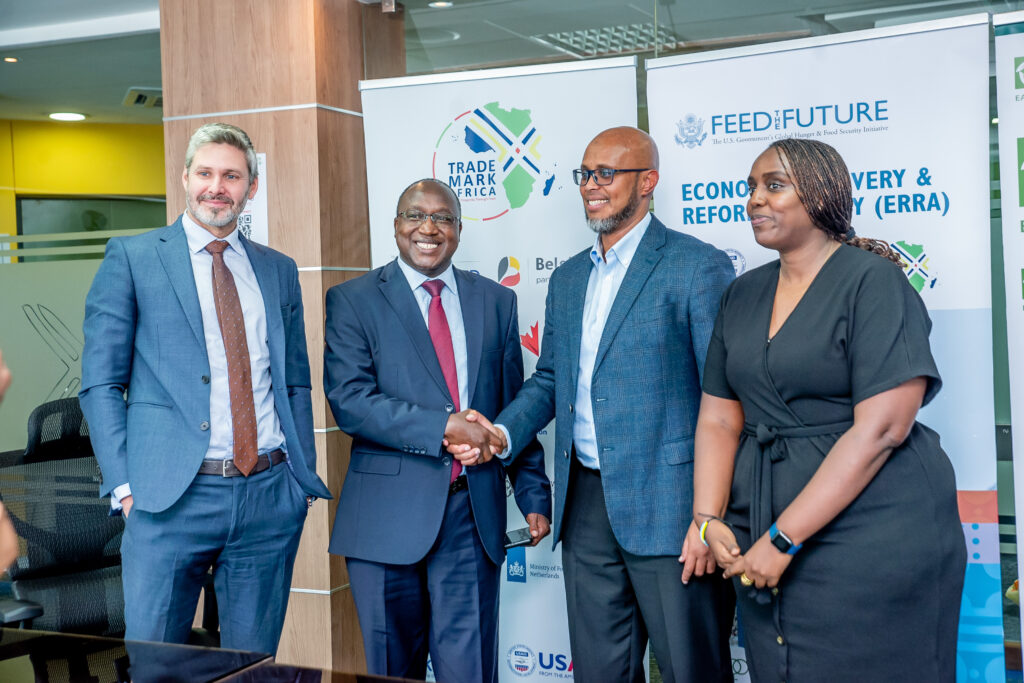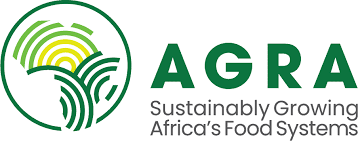EAGC and USAID Partnership to Boost Staple Food Value Chains in East Africa
Nairobi, Kenya, January 29, 2024 – In a landmark initiative, the Eastern Africa Grain Council (EAGC) has received a significant boost with a three-year grant of US$2 million from the United States government. This grant, part of the USAID’s Economic Recovery and Reform Activity (ERRA) program managed by TradeMark Africa (TMA) and funded by Feed the Future, aims to enhance the competitiveness of export-oriented staple food value chains across East Africa.
USAID and TMA are championing transformative trade and investment reforms through the five-year, US$75 million ERRA program. The initiative is focused on stimulating job creation in staple crops and textiles sectors, particularly for women and youth, and bolstering the export capabilities of grain producers regionally and globally.
East Africa’s potential in food grain production and trade has been hampered by challenges such as low production rates, inefficient post-harvest management, and climate-related pressures. These factors have led to reduced competitiveness in regional markets, hindered cross-border trade, and contributed to significant postharvest losses, impacting the region’s food security.
The collaboration with EAGC is designed to address these challenges by removing trade barriers and enhancing the capacity of grain exporters in Kenya, Tanzania, and Uganda. The initiative will focus on key export value chains including Maize, Beans, Millet, Sorghum, and Rice.
TMA’s CEO, Mr. David Beer, during the signing ceremony, highlighted the importance of this strategic partnership with EAGC and USAID. He emphasized the role of innovative strategies like Grain Business Hubs (G-Hubs), operated by farmers, to leverage technology for improving grain quality and boosting trade.
A significant challenge for regional grain trading has been compliance with international standards. EAGC will assist over 80 SMEs in meeting critical Sanitary and Phytosanitary (SPS) measures and Standards Quality Infrastructure (SQI) requirements, which are essential for successful exports.
Gerald Masila, the EAGC Executive Director, expressed that the partnership aligns perfectly with EAGC’s mission of facilitating structured, inclusive, and profitable grain trade. He pointed out the numerous benefits of this initiative, including access to agricultural financing, capacity building, mentorship, and a commitment to Industry-Own Checks or Industry Self-Regulation.
Mr. Masila emphasized the transformative impact of this partnership on regional economic prosperity. He stated, “Our focus on practical solutions, like strengthening grain business hubs and enhancing SME capabilities, lays a strong foundation for sustainable growth. The establishment of an information hub will be pivotal in driving informed policy changes, positively influencing food security and trade dynamics.”
EAGC is also set to establish an information hub to shape national and regional food balance sheets, providing real-time data and insights. This hub is expected to foster an environment conducive to the implementation of prioritized trade policies, thereby enhancing food security and reinforcing East Africa’s strategic role in international trade.



